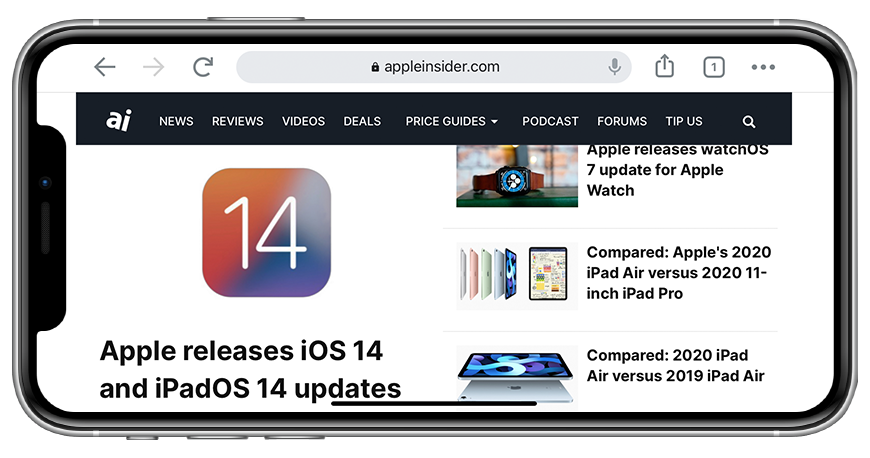D
Deleted member 473
There are other reasons, like sites using an adware link, but you have an ad blocker. What struck me was that everyone has fiddled with Chromium, giving different results, and that none were fully compliant.Do these scores matter? Not to me. Sometimes something doesn't work or breaks, and now I know why.
Good idea, desktop site! I hadn't thought of that.
Brave improves from 515 to 516. Barely significant.



